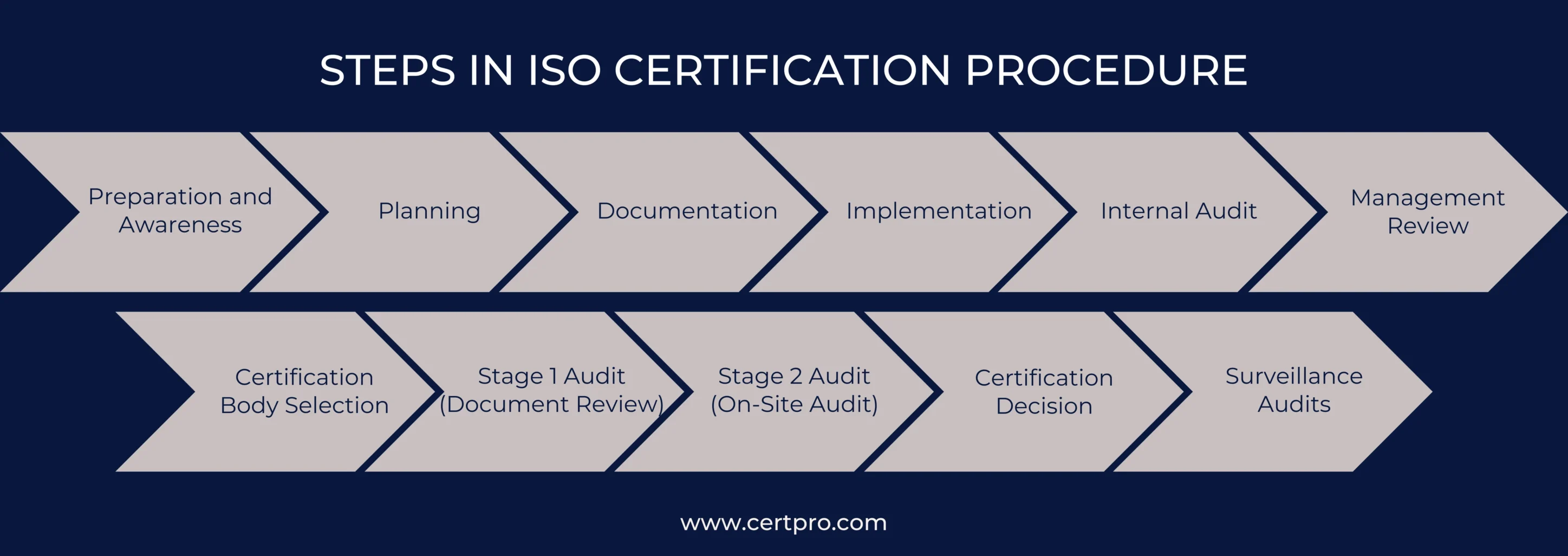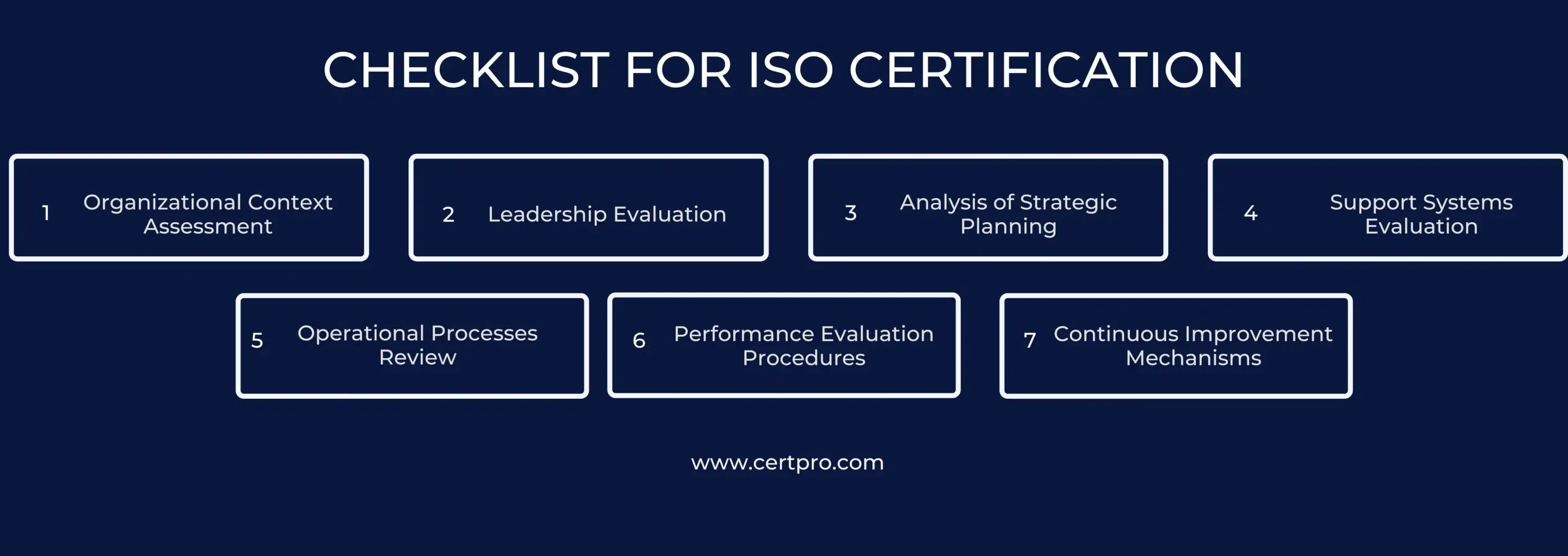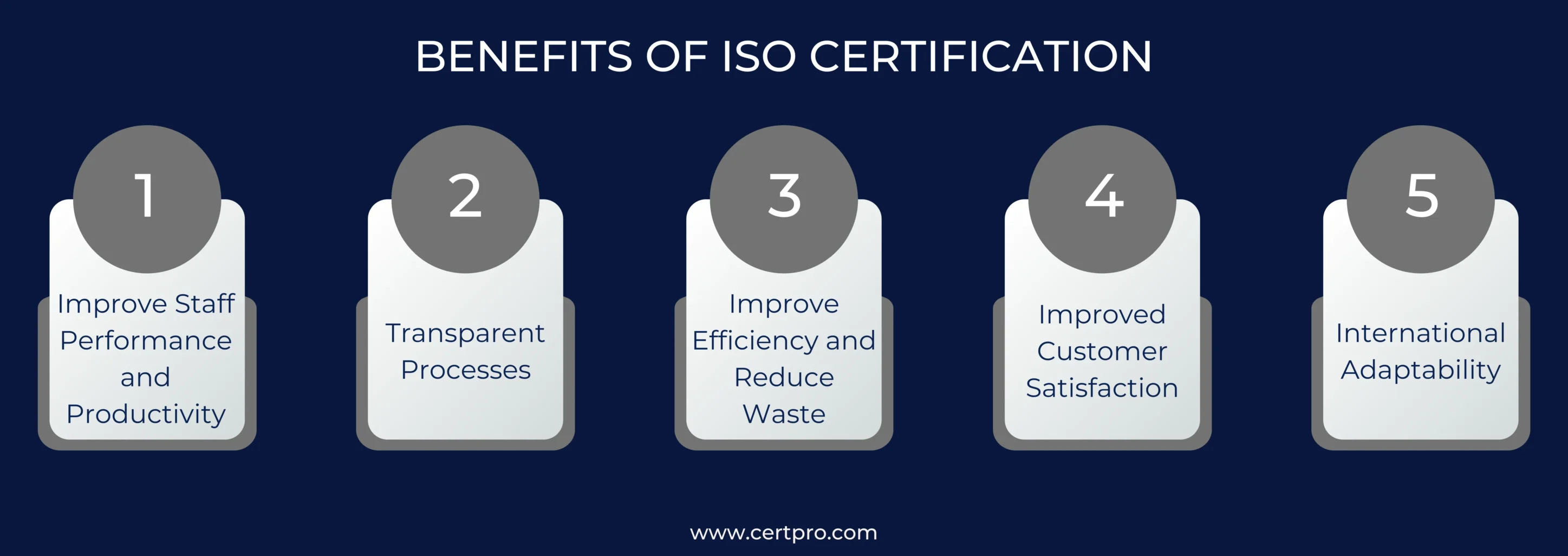south africa
ISO CERTIFICATION IN SOUTH AFRICA
Businesses have to make their services and products available to people around the globe. So, this need is essential for making things and services better and advanced. Therefore, getting ISO certification in South Africa is necessary for business growth. When doing business worldwide, companies must follow specific standard controls and rules. In South Africa, getting ISO certification also signifies that your business follows strict global rules. ISO is essential for building trust in goods and services where the market constantly changes. This way, it improves the product or service and spreads its fame worldwide.
ISO South Africa confirms that the goods are safe for buyers and workers are safe at workplaces. ISO certification in South Africa makes it easy to do business with other countries and ensures the standard of the products is good enough. This means that the certification helps the business grow all over the world. In addition, customers will get quality products and services from a company with ISO certification. Hence, read the whole page to learn more about ISO certification in South Africa.
WHY ISO CERTIFICATION IN SOUTH AFRICA?
ISO is essential in South Africa because it helps businesses find new opportunities. Thus, ISO South Africa helps your business satisfy customers and grab the global market. Also, certification can help you avoid non-compliance-related risks and find new possibilities. ISO certification in South Africa helps your business to grow to the maximum.
Because of how records are kept, ISO certification in South Africa makes it less likely that the same mistake will be repeated. Further, ISO helps South African businesses grow and promotes their high-quality standards. Therefore, marketing your business this way shows that it meets international standards, making it more appealing in the world market. In the same way, companies want their sellers to have ISO certified before they work with them. Thus, certification makes workers feel good about their skills and keeps your company from lacking abilities. Additionally, obtaining ISO certification in South Africa makes it easier to keep doing business in the global market.
UNDERSTANDING ISO CERTIFICATION IN SOUTH AFRICA
ISO 9001 certification in South Africa shows the business’s dedication to offering reliable, high-quality products and services. Accordingly, the ISO 14001 standard promotes environmental growth along with industrial development. In addition, data protection is an integral part of ISO 27001. It is crucial for the digitally transformed South African market. Thus, the diverse market gains positive outcomes through ISO certification, which helps build customer trust and dependency. In addition, ISO certification in South Africa makes products more reliable by streamlining processes, reducing waste, and eliminating processing errors. Hence, ISO South Africa can set up robust systems that follow best practices worldwide. ISO certification improves South Africa’s image in the global market.
However, monitoring and reviewing ensure the ISO standard is constantly followed and maintained. Thus, ISO certification often offers a competitive edge as it shows commitment to quality products and ongoing development. The ISO 14001 certification provides South Africa’s attention to safety and environmental management. Therefore, ISO standards often focus on what customers want, which keeps them satisfied and regular in your business. Consequently, continuous growth is necessary for ISO certification as it helps South African companies stay competitive and operate smoothly. Finally, ISO certification in South Africa enables a business’s image to be seen as meeting global quality standards. Thus, it makes customers and business partners more likely to trust your company.
Related Links
SOC 2 in South Africa
ISO 27701 in South Africa
GDPR in South Africa
ISO 27018 in South Africa
HIPAA in South Africa
CCPA in South Africa
PIPEDA in South Africa
ISO 17025 in South Africa
ISO 13485 in South Africa
CE Mark in South Africa
GDP in South Africa
GLP in South Africa
ISO 9001 in South Africa
ISO 14001 in South Africa
ISO 45001 in South Africa
ISO 22000 in South Africa
HACCP in South Africa
ISO 22301 in South Africa
ISO 21001 in South Africa
ISO 41001 in South Africa
ISO 20000-1 in South Africa

STEPS in ISO CERTIFICATION PROCEdure IN SOUTH AFRICA
If you want to adopt ISO certification in South Africa successfully, you must follow these steps. However, the steps are adaptable and can be changed to fit the business’s goals.
Preparation and Awareness: Implementing ISO standards requires awareness of your organization. You should understand your company’s goals and objectives. Thus, knowing the rules, rewards, and ways to implement them can make the process easier.
Planning: It is crucial for the successful implementation of ISO South Africa. Therefore, practical planning can help carry out strategy effectively. In addition, identifying the vulnerabilities and lowering the risks is also part of the process.
Documentation: Documentation of rules and implemented controls are essential for this process. Thus, it helps in the auditing process to review the effectiveness of controls.
Implementation: Implementing rules and regulations for ISO South Africa is mandatory. Therefore, the execution process needs close monitoring and improvement to achieve positive results in the global market.
Internal Audit: An internal audit examines your company’s current practices and finds flaws. Thus, the audit must be performed before the external auditing and certification process.
Management Review: It examines the ISO application’s success, usefulness, and growth and decides what needs to be changed or enhanced.
Certification Body Selection: The selection of certification bodies plays an important role. ISO certification comes from outside groups, so the process depends on the knowledge and ability of the certified bodies.
Stage 1 Audit (Document Review): The controls and documents are reviewed to ensure the work meets the quality standards.
Stage 2 Audit (On-Site Audit): In the final process, an external auditor performs the audit and produces an ISO report. It ensures that the organization follows the strict rules and regulations of ISO.
Certification Decision: The ISO audit report is the last step in the certification procedure. An audit report will be issued if the auditor is satisfied with the determinations. Nevertheless, if the auditor finds problems with the process, you should fix them and request a reaudit.
Surveillance Audits: The surveillance audit ensures that the controls are correctly followed. Also, the rules and methods work better when regularly monitored and revised.
Getting qualified is easier if you help the auditor and cooperate with their implemented procedure.

ISO CERTIFICATION PROCESSING TIME
Acquiring ISO certification in South Africa could take at least three to six months. The main goal is to simplify the certification process by taking the correct measures. Also, before external audits, organizations must come up with and follow specific steps for a certain amount of time. Making ISO work is also challenging, and you can get help from a professional. You can get help with the certification process from CertPro, an ISO consultant in South Africa. In addition, CertPro will help you to implement ISO standards. The certification continued for three years but needs to be updated every year. You need to work with skilled ISO experts to align your business with ISO standards.
CHECKLIST FOR ISO CERTIFICATION IN SOUTH AFRICA
To confirm your ISO certification in South Africa goes well, use the following guidelines for your audit plan:
Organizational Context Assessment: Recognizing the organization’s certification objectives is crucial. Thus, it helps understand the internal and external factors and stakeholders’ demands. Further, the process also assists in determining possible threats to compliance.
Leadership Evaluation: The process demonstrates that the company is dedicated to providing top-notch services and has the tools to ensure compliance.
Analysis of Strategic Planning: Strategic planning includes managing risks and using the resources for optimal results. In ISO certification in South Africa, strategic planning and execution can help in the successful implementation process.
Support Systems Evaluation: It helps successfully implement the process and techniques. The process requires infrastructural and environmental support, along with the skillful handling of controls.
Operational Processes Review: A business needs to examine its services closely. This will make it more aware of how weak they are. Once more, this method needs a more in-depth look from someone outside the company.
Performance Evaluation Procedures: There are ways to track and report progress. You can use reviews from managers, private checks, and customers’ evaluations.
Continuous Improvement Mechanisms: Plan how the system can improve over time. According to ISO rules, steps should be taken to keep improving the measure.

POPULAR ISO STANDARDS IN SOUTH AFRICA
Many South African businesses have adopted several ISO standards, which have been crucial in raising quality, safety, and economic standards. In addition, ISO 9001:2015 emphasizes the importance of implementing quality management systems to ensure reliable goods and services are always delivered. In line with South Africa’s commitment to sustainability, ISO 14001:2015 covers environmental management systems and encourages moral behavior as the country’s industries continue to grow.
South Africa’s digital growth has made ISO 27001:2013 an even more critical data protection standard. This standard helps businesses keep private information safe and supports South Africa’s digital security efforts. The car industry uses ISO 26262 to ensure that electrical and computer systems work safely, which helps make the roads safer.
ISO 45001:2018 pays excellent attention to health and safety at work, aligning with South Africa’s dedication to its workers’ health and safety. ISO 22000:2018 ensures that food businesses have safety management systems that keep customers safe. South Africa is committed to sustainable energy policies. ISO 50001:2018 manages energy and aligns with South Africa’s goals for growth, legal compliance, and better technology.
BENEFITS OF ISO CERTIFICATION IN SOUTH AFRICA
Get ISO certification in South Africa and grow globally. The certification has an enormous positive impact on the organization; some of them are listed below:
Improve Staff Performance and Productivity: In South Africa, ISO certification has opened up opportunities and prospects. Therefore, standardized habits and processes make it easier for people to work together.
Transparent Processes: Someone outside the company checks things out as part of the certification process. ISO guidelines improve working conditions and enhance overall quality. When things are standardized, people can easily trust your business.
Improve Efficiency and Reduce Waste: ISO certification in South Africa can help your company expand globally. Thus, it allows the business to run smoothly and reduce expenses. Improved Customer Satisfaction: In South Africa, receiving ISO certification lets people know they can trust your company. It is also an excellent way to show that you are committed to using efficient methods and making good products.
International Adaptability: ISO certification in South Africa denotes that its goods and services meet the strict rules of the International Organization of Standardization.
These rules ensure that the business’s products and services meet rules from other countries. Firms can work from anywhere globally after getting ISO, which helps them grow.

INDUSTRIES THAT BENEFIT FROM ISO CERTIFICATION IN SOUTH AFRICA
ISO certification has many benefits and significantly affects many industries across the country, and many South African businesses know that it is essential to their success. These certifications are more than just a way to show off; they show a solid dedication to quality, safety, and the environment. For example, ISO 9001 certification raises the quality of products and makes factories run more efficiently. It also encourages a culture of constant growth, which makes customers happier and gives businesses an edge in the market. People think that ISO certification means a company is reliable.
Since data is becoming increasingly important, South Africa’s IT industry must be ISO 27001 certified. This certification strengthens risk management and data security systems. So the field can use new technologies while keeping private data safe. In addition, building trust with clients in various situations is crucial. In the same way, the ISO/TS 16949 standard, made just for the auto industry, makes South Africa even more of a world leader in creating high-quality cars by ensuring they last and are safe. The state health care system also gains from guaranteeing accuracy, following the law, and high standards.
These certifications affect more than just one business. They encourage environmentally friendly building methods and progress in environmental building technologies. South African companies can get help from ISO experts to ensure they follow ISO guidelines and get certified. It improves data security, privacy, and healthcare standards in South Africa. In addition, getting ISO certification in South Africa shows your dedication to maintaining the standard. The fact that ISO consultants are in South Africa makes it clear that businesses need to have a plan to manage the certification market successfully.
CERTPRO: EMPOWERING YOUR BUSINESS TO ATTAIN ISO CERTIFICATION EFFORTLESSLY
ISO certification signifies the organization’s dedication to upholding the quality management system. It brings customers’ trust and confidence in your business. Thus, use ISO certification in South Africa if you plan to expand your business in a competitive market. In this regard, CertPro can help you to implement the regulations. As ISO consultants in South Africa, we know the correct process to impress customers and acquire their trust. Our experts will guide you in the implementation and maintenance of ISO regulations. In addition, we believe in customized services for our clients that reduce the cost of compliance.
FAQ
What benefits does ISO certification bring to businesses in South Africa?
ISO certification in South Africa offers advantages such as global recognition, enhanced credibility, competitive advantage, operational efficiency, supply chain integration, improved market standing, legal compliance, and increased investor confidence.
Why is ISO 9001 certification significant for South African organizations?
ISO 9001 certification in South Africa signifies a commitment to quality management, allowing businesses to deliver reliable and customer-focused goods and services.
What are the essential steps in the ISO certification process in South Africa?
The ISO certification process in South Africa involves preparation, planning, documentation, implementation, internal audit, management review, certification body selection, document review, on-site audit, certification decision, and surveillance audits.
Which ISO standards are widely embraced in South Africa, and why?
Various ISO standards, including ISO 9001:2015, ISO 14001:2015, ISO 27001:2013, ISO 26262, ISO 45001:2018, ISO 22000:2018, and ISO 50001:2018, are widely adopted in South Africa across different industries, contributing to efficiency, safety, and quality improvements.
What role does ISO certification play in South Africa's digital transformation?
ISO certification, particularly ISO 27001, plays a crucial role in South Africa’s digital transformation by ensuring the security of sensitive data in the evolving digital landscape.
THE IMPORTANCE OF SOC 2 FOR SAAS COMPANIES: BENEFITS AND REQUIREMENTS
SOC 2 is a data security standard developed by the American Institute of Certified Public Accountants (AICPA). The standard offers the desired level of privacy and security regarding customer information. The rule is not mandatory, but it has multiple benefits for...
DIFFERENT HIPAA REQUIREMENTS: UNDERSTANDING THE RULES AND REGULATIONS
With increasing cyberattack trends, organizations must take appropriate measures to secure their lifeblood. Similarly, patient health and financial information need protection in the healthcare sectors. Therefore, the Health Insurance Portability and Accountability...
NAVIGATING DATA PRIVACY FRAMEWORKS: A COMPREHENSIVE GUIDE
Globalization has intense effects on business functioning and scaling. In today's digital world, companies are generating an unprecedented rate of data that requires protection from emerging cyber threats. In addition, recurring data breaches and privacy concerns make...












